In Traditional Chinese Medicine (TCM)… Beauty is not just skin deep—it’s a reflection of your…
Comfort Food:
Aromas, comfort food, warmth, laughter, and the feelings of being together. Deep in the winter in our Pacific Northwest, we have a unique climate of shorter and darker days, chillier temperatures, and on the west side of the mountains – much more rain. Dark. Damp. Still. Yin. From a Chinese medicine perspective, the foods, spices, and cultural practices that we gravitate towards are a remedy for a dark, cold, and wet season. So, on no particular order, here are some of the seasons most quintessential foods, spices, and practices that we can be grateful to have because they lighten our spirits, warm our hearts and bodies, and dry up the dampness from our bones.
1. ALL the SPICES:
Cloves, Anise, Cinnamon, All-Spice, Nutmeg are the five top Holiday spices. You can find them in pies, on meats, or mulling wine. Then you can add in peppers, cayenne, cardamom, cumin, curry, marsala, turmeric, and many more. Spice as a flavor and characteristic in Chinese Medicine is acrid – meaning hot and drying, aromatic – meaning that it uplifts, and warming. They improve the taste of things and promote blood circulation and metabolism – ever sweat when eating something spicy? In doing these things, they aid our digestive process.
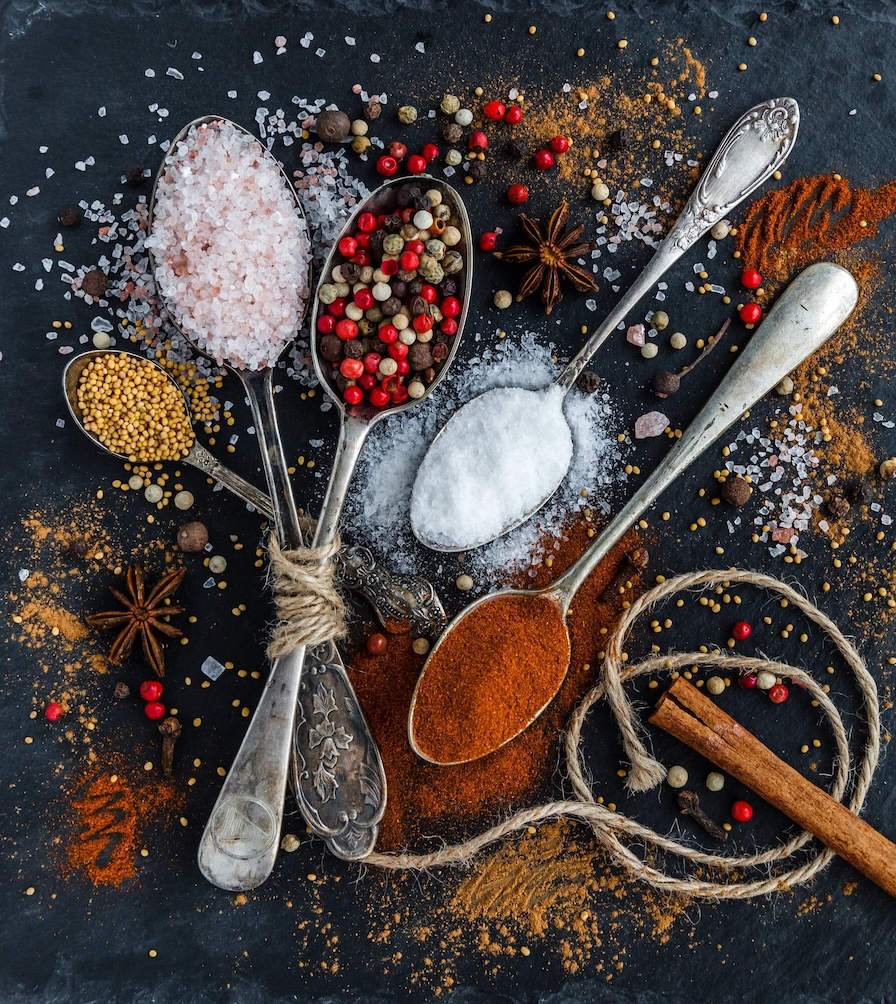
2. Pomegranates:
the Greeks…
According to one version of a Greek mythology, pomegranates are responsible for us having autumn and winter at all. As Persephone ate six pomegranate seeds, she had to stay with Hades for six months out of the year. With the Goddess of Spring in the underworld for six months, we have our six months of fall and winter. She probably should have gotten some Greek mythology lawyer, since six pomegranates seeds out of an entire pomegranate of an average of 618 seeds (googled it), should not proportionately have justified an entire half a year every year – but this is Greek mythology for you.
So back to pomegranates!
Pomegranates ripen in the wintertime, they have that vibrant red/magenta coloring that makes any holiday recipe pop. They’re a classic superfood packed with the ever so famous antioxidants, they benefit urinary health much like cranberries, their high fiber content helps support digestion, AND studies show that they specifically support a healthier microbiome. They are high in Vitamin C and Vitamin D, and they’re great for your skin and memory due to their anti-inflammatory properties.
From a Chinese Medicine perspective, their sweet flavor benefits the Spleen system responsible for digesting food and appropriately transporting it to all of our cells and tissues. Their tartness drives in essence preserving it for the Kidney meridian system which manages our vitality and longevity. According to Chinese medicine rule of correspondences the vibrancy of their red color supports the vibrancy and health of our own blood.
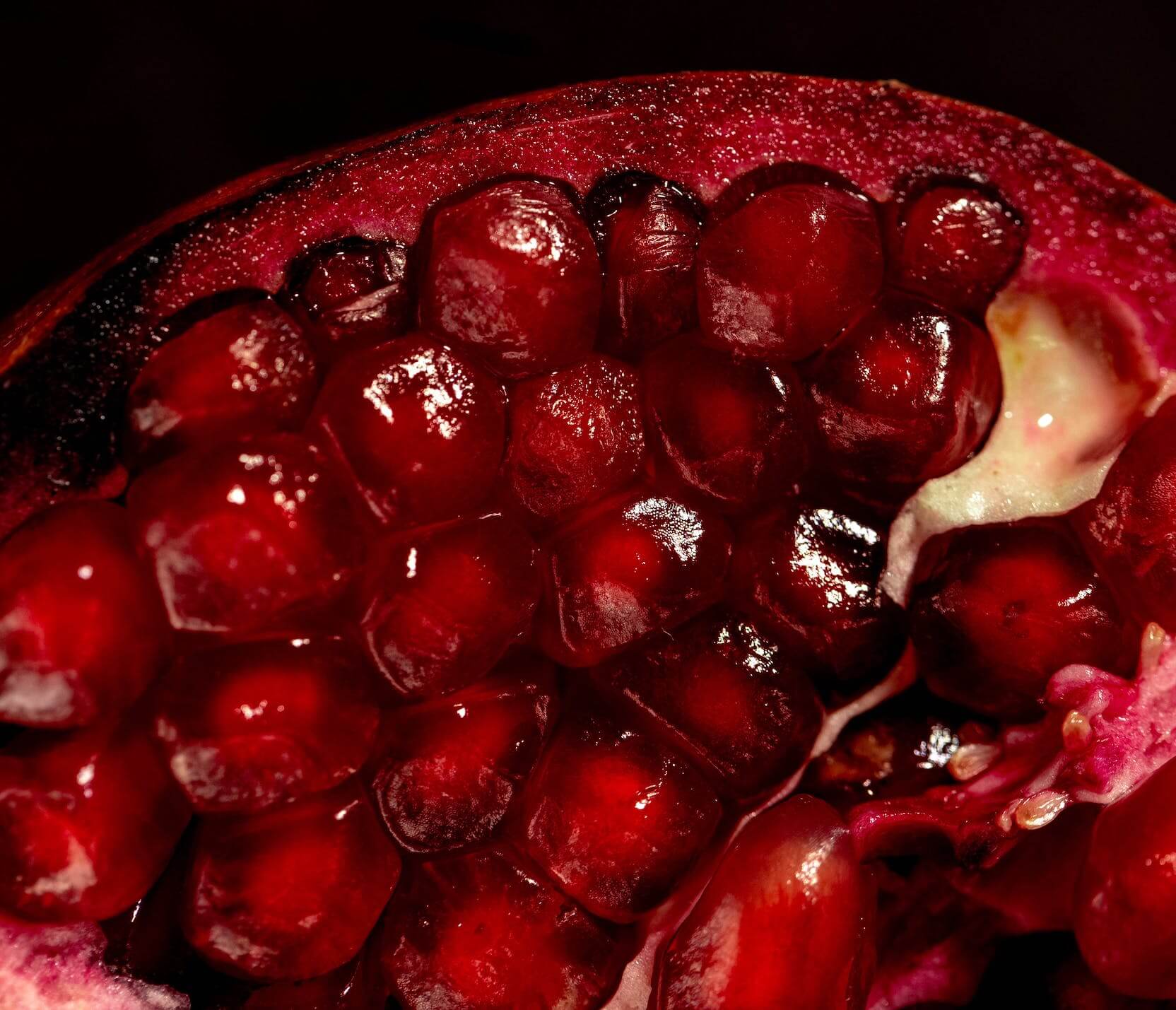
3. Pears:
In Chinese medicine, Pears are even more important in the fall than the winter because pears benefit lung tissue and lungs are associated with Autumn/Fall. I love recommending pears as a food therapy to patients after their upper respiratory infections in order to strengthen and support their lungs’ recovery. They are sweet which benefits the Spleen system (digestive) functioning.
By benefiting the lungs, they are good for the skin (managed by the Lungs system) and they can also be helpful for constipation because the lungs and large intestine have a vital paired relationship as both organs that shield, protect, and detox the inner parts of our body from the world. Remember that our food travels from our mouths through our digestive tract where they get processed for energy and then eliminated by the large intestine organ, managed by the Large Intestine meridian system – it’s a giant convoluted tube, but it is still a tube that keeps our inner selves safe from the outside world. Try this delicious recipe (ice-cream optional).
4. Herbs:
Rosemary, Sage, Thyme, Mint, Bay Leaves. There are much more, but these are the herbs I typically think about when I think about the holidays. I can smell them all even as I’m writing this sentence. Herbs are most important for their roles as aromatics and digestives. As aromatics, their fragrant nature uplifts our senses and our bodies to lighten and break through the more dense and rich foods that they are often paired with such as meats and carbs. Their phytochemicals make them powerful digestives that aid our bodies in breaking down the foods (and sometimes drinks) that they are paired with. Finally, they add nuance and complexity to the meals that we prepare them in, increasing the joy and delight to our taste buds.
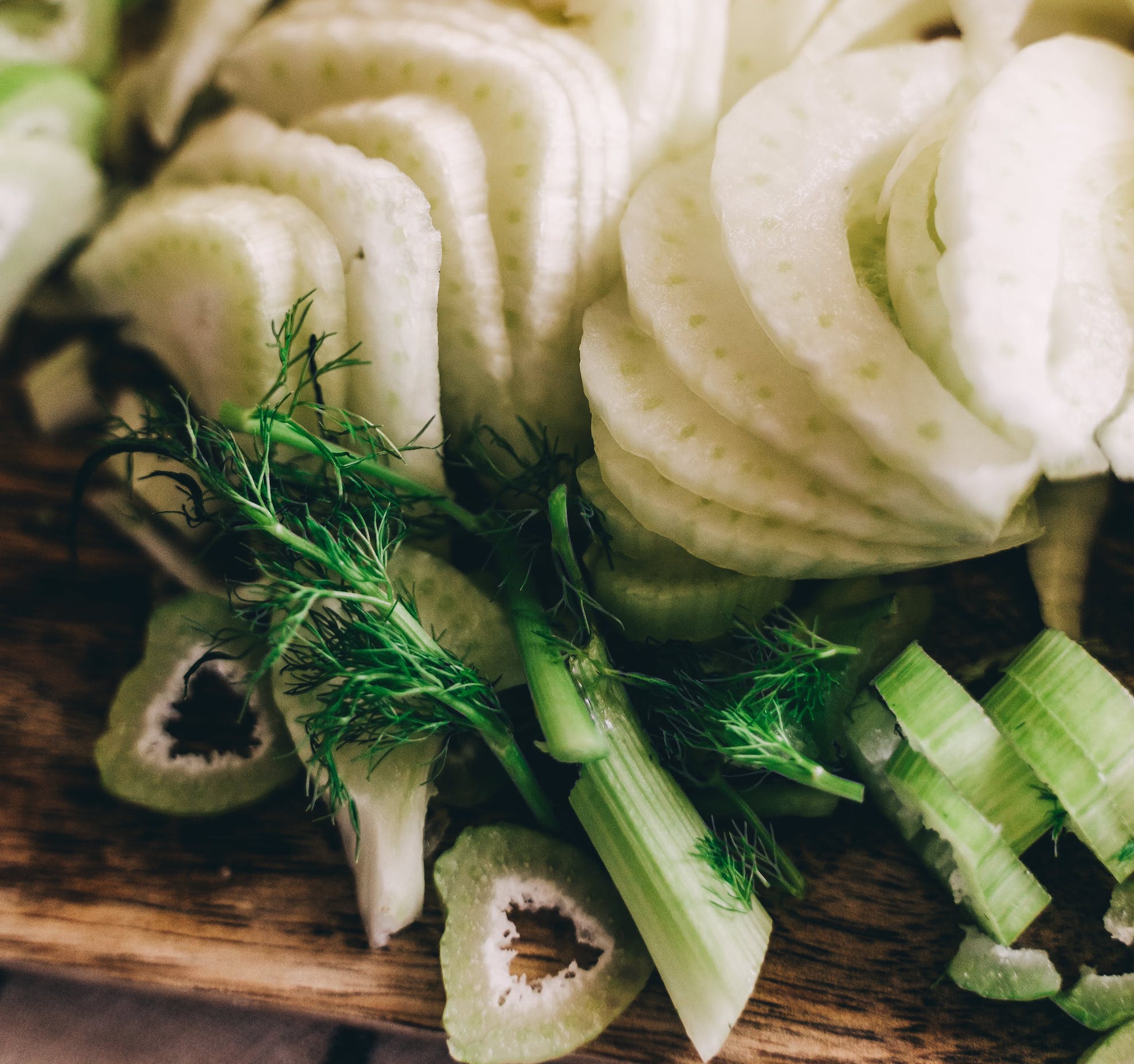
5. Fennel:
Fennel gets a class of its own. You can use it as an herb/seasoning in it’s seed and sprig forms, or as a plant/food in its bulb and frond form. Their seeds are used widely in the culinary world, often mixed with heavier items like meat – fennel sausage, anyone? But even in chocolates! In both forms, they are a powerful aromatic and digestive. In Nepal, a small bowl of fennel seeds and sugar is passed around after a meal. Grab a pinch of both and chew for a lovely and healthy closer to the meal. It helps the meal feel complete, and aids in the digestive process. As a plant, the fennel bulb, fronds, and sprigs can be used raw in salads or roasted.
To eat fennel raw, you can shave the bulb and slice the fronds and sprigs. For the roast, you’ll want to make bigger cuts. Add them to a salad or other dish raw or roasted. Or roast them straight with other root veggies.
So these are some of my favorite Holiday Season flavors!
We can now seasonally indulgence (with moderation) knowing that we’re being taken care of by these wonderful flavors that is nature’s gift to us. Let’s also remember that Food is Medicine. Not just the things that foods can do to help aid our health, but in that food brings us human beings together helping create opportunities for connection. Maybe those connections have been less than optimal in the past several years and that’s OK. Maybe we can find it in our hearts to be grateful just for the opportunity – an opportunity to connect with ourselves, to connect with nature, and if we see fit, to connect with others.
East Asian Medicine Practitioner, Licensed Acupuncturist, Energy Worker
Seattle Met Top Doctor 2022, 2023

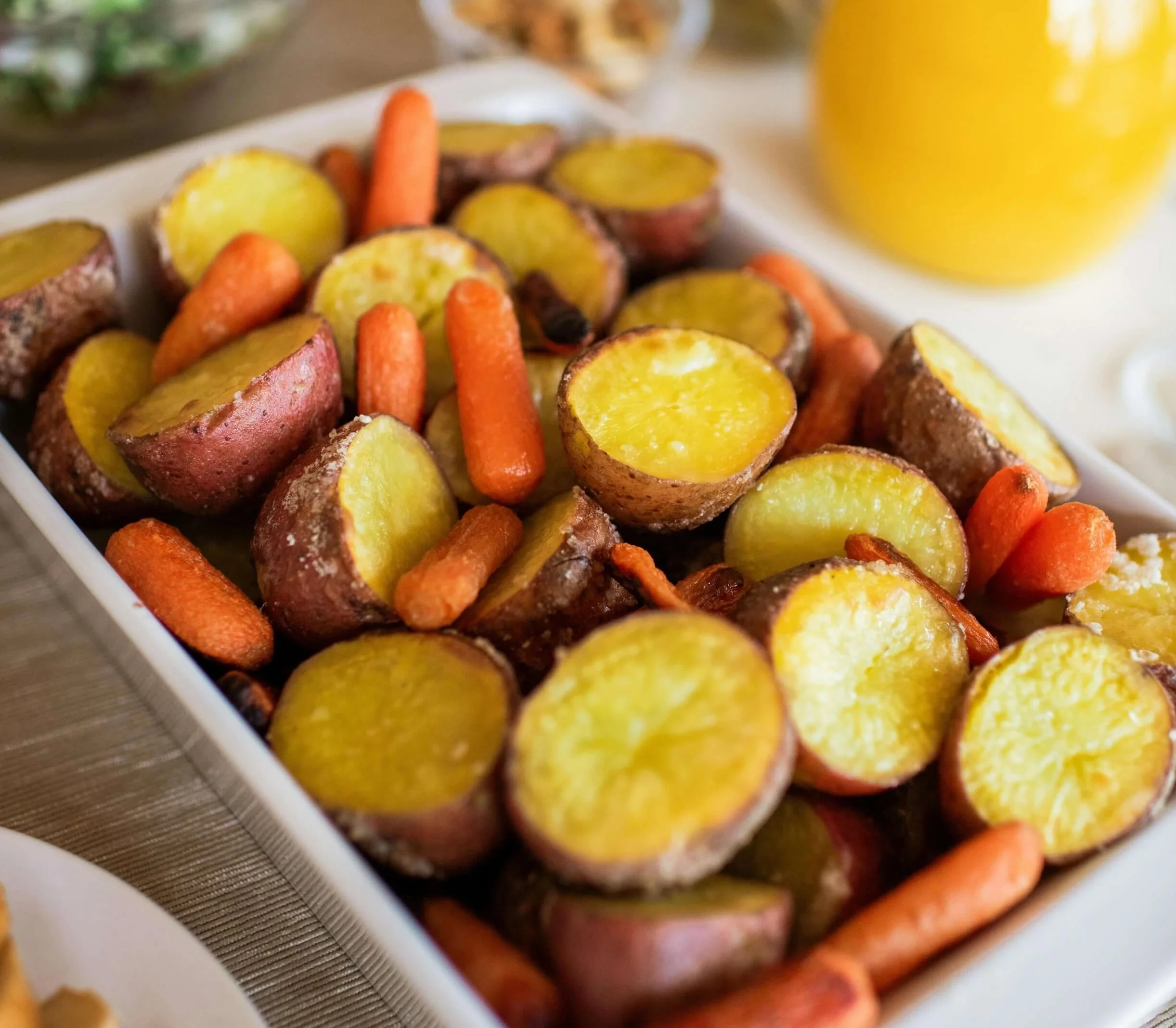
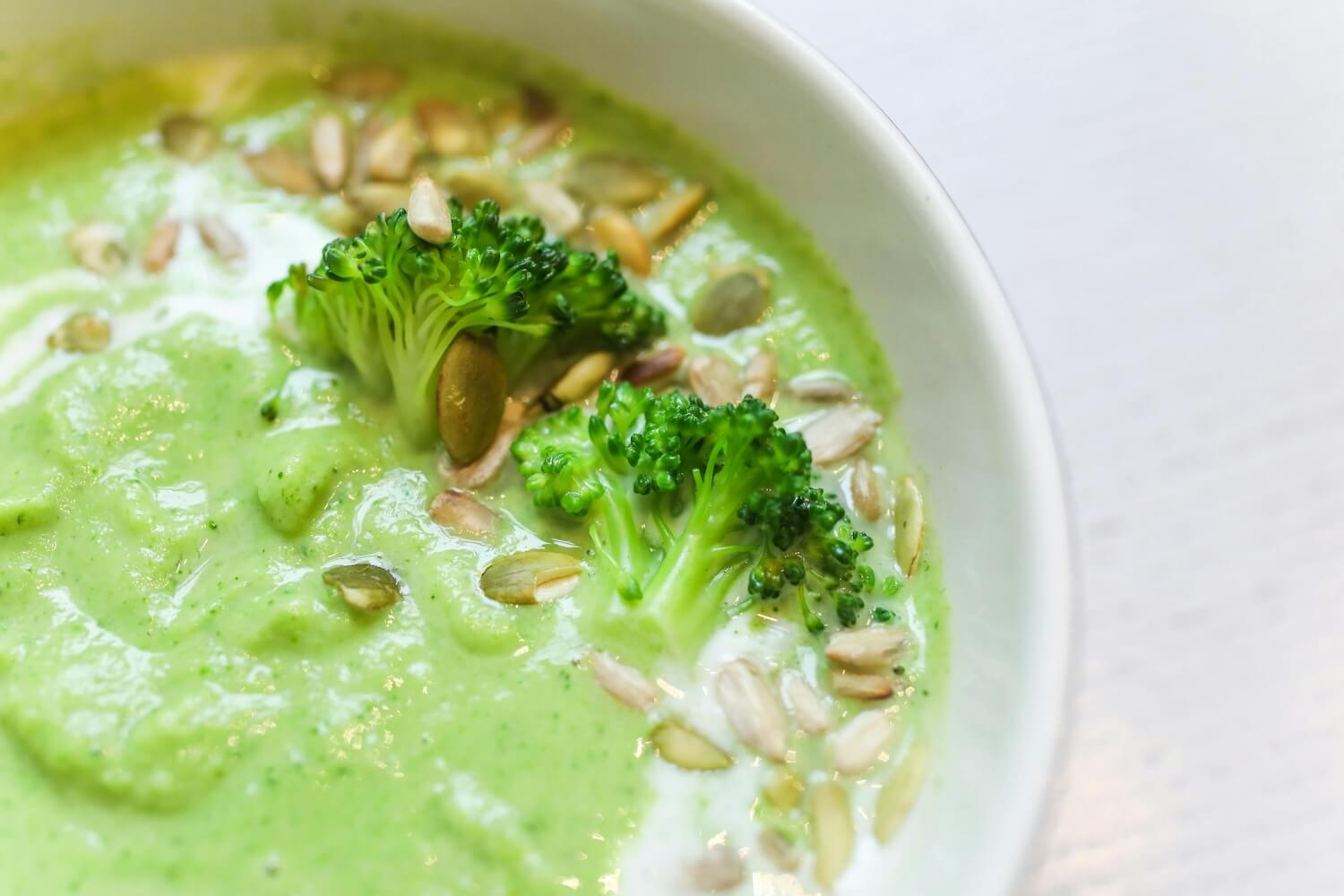
Comments (0)